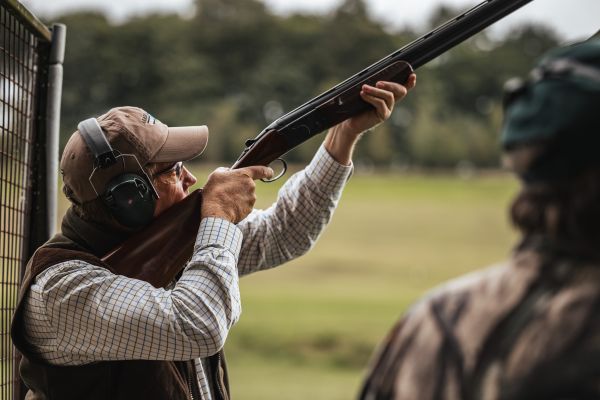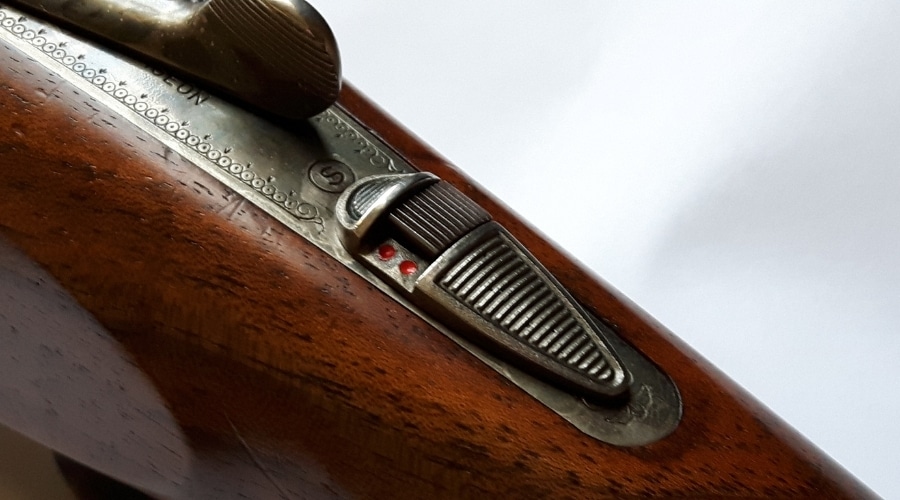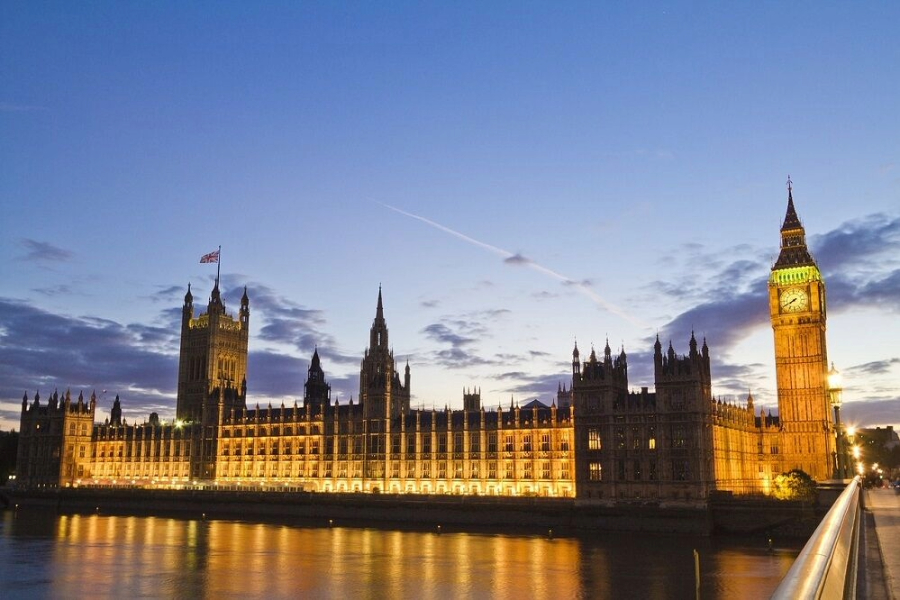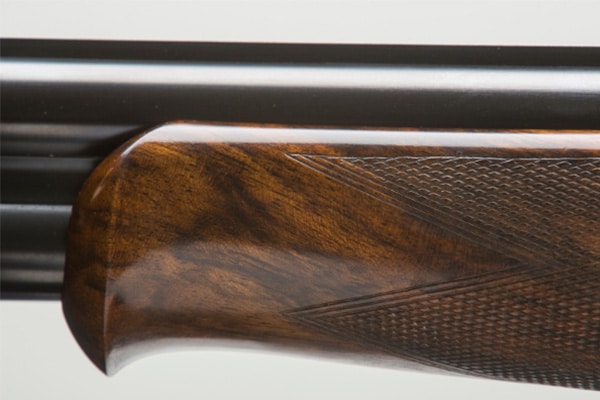
Firearms licensing debate set for the Commons
The debate on a petition against proposals to make shotguns subject to the same licensing rules as rifles will take place on 23 February.
Get information on the legal shooting season for mammals and birds in the UK.
Apply for funding for your project or make a donation today
Comprehensive information and advice from our specialist firearms team.
Everything you need to know about shotgun, rifle and airgun ammunition.
Find our up-to-date information, advice and links to government resources.
Everything you need to know on firearms law and licensing.
All the latest news and advice on general licences and how they affect you.

BASC is advising all members and the wider shooting community to respond to an Association of Police and Crime Commissioner’s (APCC) survey on firearms licensing in England and Wales.
The survey launched on Thursday 30 September, on the back of the Plymouth shooting incident, is seeking the public’s opinion on firearms licensing.
Questions within the survey relate to full cost recovery, police vetting, medical involvement and reporting concerns about certificate holders.
The survey closes on 20 October.
BASC action
As well as promoting the survey among our members and the wider shooting community, BASC will be writing to the APCC to request a meeting to discuss these key topics in person. It is BASC’s belief that this survey is a red herring; the real issues within firearms licensing are the inconsistent and ineffective approach from and between certain police forces.
We will also be pushing to discuss the leading nature of the survey questions and the inability to expand on basic answers to its multiple-choice questions.
If you would like to contact your PCC with your personal views on firearms licensing, you can find their contact details here. If writing an email, please cc firearms@basc.org.uk.
A. Yes. An encoded reminder (marker) placed on a patient’s records gives a 24/7/365 early warning system of a condition that might give rise to concern to a person’s suitability to possess firearms. It is fundamental to continuing public safety.
A: Yes. A doctor has a moral duty to alert the police to a condition that might give rise to a danger to public safety if an unsuitable person continued to have access to firearms.
A: A universal trawl of social media for every application has huge resource implications for the police and is disproportionate. Such trawls need to be targeted when an individual comes to police attention. Click here to respond to the survey
A: No. Firearms licensing is a service to the wider public to ensure public safety. Consequently, the public should pay a significant proportion of the cost of the licensing process. This is not subsidising certificate holders, rather it is the public investing in a process which contributes to their wider protection from harm.
The current fee levels were derived by accurately costing each one of the processes involved in firearms licensing. The police representatives on the Home Office Working Group who did this were all experienced firearms licensing managers.
Passing all police costs on to applicants rewards inefficiency and encourages a lack of consistency and accountability within the firearms licensing system. Fee levels would become a postcode lottery.
A: Yes. There is a moral duty to do this in order to protect public safety. Nobody is well served by unsuitable people having access to firearms.

BASC is advising all members and the wider shooting community to respond to an Association of Police and Crime Commissioner’s (APCC) survey on firearms licensing in England and Wales.
The survey launched on Thursday 30 September, on the back of the Plymouth shooting incident, is seeking the public’s opinion on firearms licensing.
Questions within the survey relate to full cost recovery, police vetting, medical involvement and reporting concerns about certificate holders.
The survey closes on 20 October.
BASC action
As well as promoting the survey among our members and the wider shooting community, BASC will be writing to the APCC to request a meeting to discuss these key topics in person. It is BASC’s belief that this survey is a red herring; the real issues within firearms licensing are the inconsistent and ineffective approach from and between certain police forces.
We will also be pushing to discuss the leading nature of the survey questions and the inability to expand on basic answers to its multiple-choice questions.
If you would like to contact your PCC with your personal views on firearms licensing, you can find their contact details here. If writing an email, please cc firearms@basc.org.uk.
A. Yes. An encoded reminder (marker) placed on a patient’s records gives a 24/7/365 early warning system of a condition that might give rise to concern to a person’s suitability to possess firearms. It is fundamental to continuing public safety.
A: Yes. A doctor has a moral duty to alert the police to a condition that might give rise to a danger to public safety if an unsuitable person continued to have access to firearms.
A: A universal trawl of social media for every application has huge resource implications for the police and is disproportionate. Such trawls need to be targeted when an individual comes to police attention. Click here to respond to the survey
A: No. Firearms licensing is a service to the wider public to ensure public safety. Consequently, the public should pay a significant proportion of the cost of the licensing process. This is not subsidising certificate holders, rather it is the public investing in a process which contributes to their wider protection from harm.
The current fee levels were derived by accurately costing each one of the processes involved in firearms licensing. The police representatives on the Home Office Working Group who did this were all experienced firearms licensing managers.
Passing all police costs on to applicants rewards inefficiency and encourages a lack of consistency and accountability within the firearms licensing system. Fee levels would become a postcode lottery.
A: Yes. There is a moral duty to do this in order to protect public safety. Nobody is well served by unsuitable people having access to firearms.

The debate on a petition against proposals to make shotguns subject to the same licensing rules as rifles will take place on 23 February.

Sir Geoffrey Clifton-Brown MP has called for urgent reform after firearms licensing failures were exposed in a House of Commons debate.

Following pressure from BASC, MPs and press coverage, several police firearms licensing departments have started accepting grant applications again.